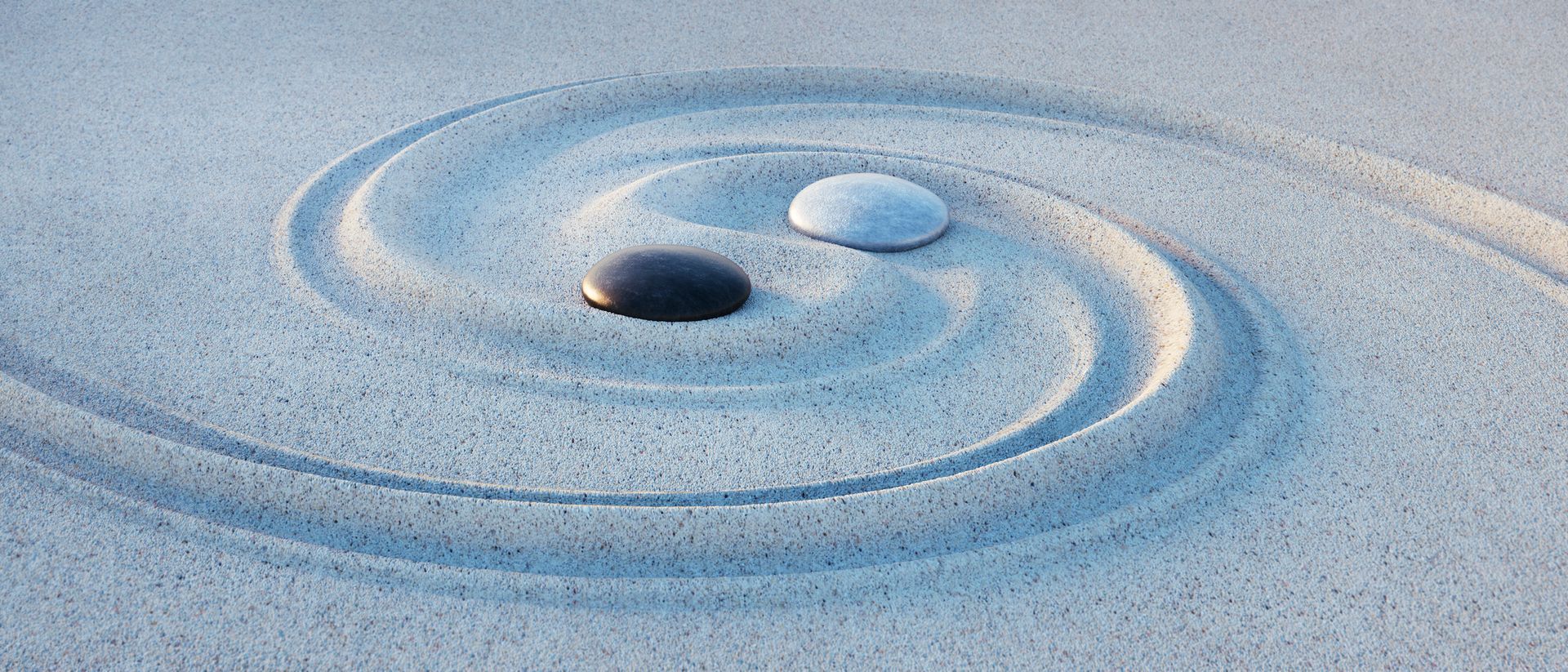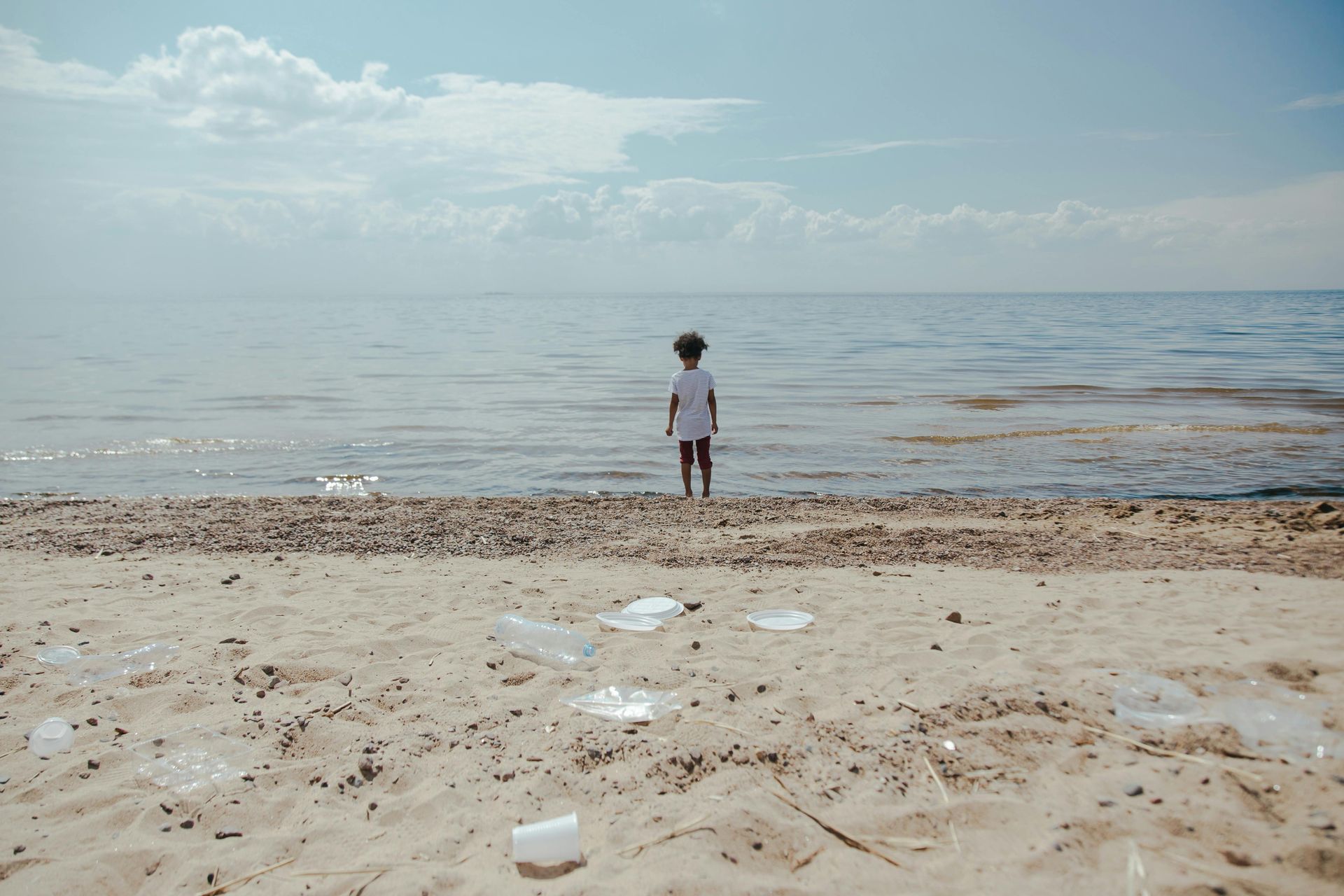Creating a Self-Care Routine to Heal and Thrive

Building a self-care routine is more than checking items off a list; it’s a powerful declaration that you are worthy of kindness, nourishment, and love. Especially for those healing from complex trauma or navigating life's daily stressors, a structured self-care routine is a path to restore what has often been forgotten or neglected—the core belief that you are enough. Each activity you incorporate into your routine becomes a reminder of your resilience, an act of rebuilding trust with yourself, and a way to tune in to the rich textures of life.
Here’s a closer look at crafting a routine that doesn’t feel like a duty but rather an offering to the self—a way to reconnect to inner peace, stability, and joy.
Nourish Your Body, Nourish Your Spirit
- Eat Three Healthy Meals: Food is fuel, but it's also a love letter to your body. With each nutritious meal, you send a message: “I am worthy of energy and health.” Begin with simple, wholesome foods that nourish without being an overwhelming effort.
- Drink Fresh Water: Staying hydrated is one of the simplest ways to refresh both body and mind. Every glass of water you drink is a gift to your cells, clearing away toxins and aiding clarity.
- Get 7+ Hours of Sleep: Deep, restorative sleep is essential. When you commit to resting, you honour your need for rejuvenation, turning sleep into a powerful act of self-respect.
Reconnect to the Calm Inside
- Breathing Exercises: Taking a few quiet moments to breathe deeply or reflect on the day doesn’t just calm the body—it calms the mind. Breathwork, even for just a few minutes, can remind you that you can find peace amid chaos.
- Practice Mindfulness: Mindfulness isn’t only about being aware; it’s about allowing yourself to truly be present. It offers space for you to feel your feelings without judgment. Each moment spent mindfully is one spent anchoring yourself.
- Learn to meditate: This is a powerful way to reduce stress, anxiety and train yourself to handle life challenges with more poise and less panic.
- Take a Warm Shower or Bath: Warm water is a sensory balm, calming and centring. As you let the warmth soak into your skin, envision washing away the stress and burdens of the day. This can become a sacred ritual, preparing you to meet the day’s challenges or winding down for restful sleep.
Express Gratitude and Find Joy in the Small Things
- Write Down 3 Things You’re Grateful For: Gratitude shifts your focus from what’s wrong to what’s right. Writing down three things you're thankful for brings light into your mind and softens the weight of worry.
- Enjoy Peaceful Moments and Drink Herbal Tea: The small act of savouring a cup of tea or watching a sunset reminds you that life is composed of moments. This is an act of grounding yourself in the present, cultivating calm.
- Say 5 Things You Love About Yourself: This can feel vulnerable, but taking time to say kind words to yourself builds self-compassion. Try doing this in front of a mirror. You begin to see yourself through a kinder, gentler lens.
Find Connection and Release Toxicity
- Spend Time with Friends and Family: Healthy relationships lift and encourage. When you connect with loved ones, you give and receive support, reaffirming that you are not alone in life’s journey.
- Re-establish Old Friendships and De-Friend Toxic People: Reconnecting with supportive friends and stepping away from those who drain you is an act of liberation. This makes room for people who bring peace, love, and encouragement.
- Ask for a Hug: Physical touch is healing. In moments of struggle, a simple hug can bring reassurance that you are held, supported, and valued.
Declutter Your Mind and Space
- Declutter a Small Space: Clearing physical space can bring mental clarity. It’s a tangible way to release what no longer serves you and open up room for what does.
- Have a Digital Detox: Step back from the noise of online social platforms, allowing yourself time to focus inward and restore. It’s a powerful way to remind yourself that you are enough as you are, without the need for validation from others.
Move and Reconnect with Nature
- Walk in the Park, Garden, or Try Swimming: Movement in nature soothes and reconnects you to the natural rhythms of life. Let yourself feel the sun, breathe in the fresh air, and be reminded of the beauty in your surroundings.
- Exercise or Join a Gym: Physical activity boosts endorphins and lifts your spirit. Exercise doesn’t have to be intense; it simply needs to help you feel energized and strong, reclaiming a sense of control and joy in your body.
- Grounding Session: Grounding practices, like walking barefoot on grass or focusing on each sense, can reconnect you to the earth and to the present, helping you feel stable and supported.
Embrace the Therapeutic Power of Creativity and Growth
- Engage in a Hobby or Try Something New: Doing something you love or exploring new interests reminds you of your potential and capability. It opens your mind and fosters self-connection and growth.
- Write in Your Journal: Journaling offers a way to release pent-up emotions, reflect on patterns, and acknowledge feelings in a safe, private space. This can be a cathartic process of self-understanding.
- Enjoy a Colouring Book: Sometimes, the simple act of colouring can be meditative, helping you to unwind and focus on gentle, creative expression. It’s an act of kindness to your inner child and a playful way to calm the mind.
Conclusion
This self-care routine is more than a list; it is a sanctuary, a return to balance. Each small act of care reinforces the truth that you are worthy of peace and happiness. As you incorporate these steps into your life, they become a healing ritual, slowly creating a sense of home within yourself. Take your time with this journey; be gentle and patient. With each act of care, remember that you are building something profoundly beautiful—your resilient, loving self.
Further Reading
- Biddle, S. J., & Asare, M. (2011). "Physical Activity and Mental Health in Children and Adolescents: A Review of Reviews". British Journal of Sports Medicine, 45(11), 886-895.
- Emmons, R. A., & McCullough, M. E. (2003). Counting blessings versus burdens: An experimental investigation of gratitude and subjective well-being. Journal of Personality and Social Psychology, 84(2), 377-389.
- Jennings, J. (2020). The benefits of social media detoxes and ways to unplug. Social Science Review, 25(4), 312-329.
- Kross, E., et al. (2013). "Facebook Use Predicts Declines in Subjective Well-Being in Young Adults". PLoS ONE, 8(8), e69841.
- Myers, D. G. (2012). The Pursuit of Happiness: Discovering the Pathway to Fulfilment, Well-Being, and Enduring Personal Joy. New York: HarperCollins.
- Penedo, F. J., & Dahn, J. R. (2005). Exercise and well-being: A review of mental and physical health benefits associated with physical activity. Current Opinion in Psychiatry, 18(2), 189-193.
- Siegel, D. J. (2010). The mindful therapist: A clinician's guide to mindsight and neural integration. W.W. Norton & Company.
- Walker, M. P. (2017). Why We Sleep: Unlocking the Power of Sleep and Dreams. Scribner.
These stories contain the opinions of the writers and do not necessarily reflect the opinion of Collapse Club members or conveners.
This work is licensed under Attribution-NonCommercial-NoDerivatives 4.0 International
Discuss this post!
If you would like to comment on or discuss this post with others, please join the Collapse Club Facebook Group.





